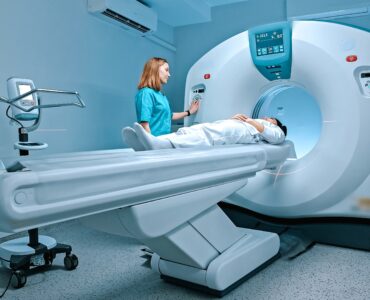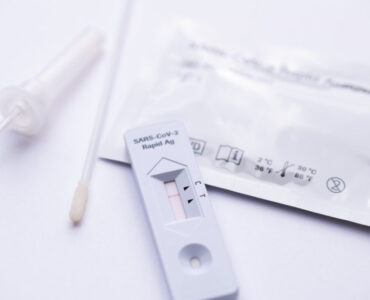Most people tend to think that clinical trials are conducted by pharmaceutical or biotechnology companies in their path to releasing a new drug to the market. And indeed most clinical trials are sponsored by drug companies. But there is also a significant number of investigator initiated trials (IIT) that are conducted by public institutions likes Universities and hospitals. According to the US Government NIH over 300,000 clinical studies are currently being conducted worldwide. Out of these, it is estimated that up to 20% are IITs, which are sometimes referred to as academic clinical trials.
In clinical trials which are sponsored by drug companies, profits are the driving force behind the study. Rolling out a new drug can bring pharmaceutical companies a fortune in sales and profits. On the other hand, academic clinical trials serve as a source of prestige; they can also generate income from private and government funding. Another difference between a new drug study and academic clinical trials: academic clinical trials can test the efficacy of an existing drug or medical device to investigate how it may improve treatment and safety of patients.
Unlike industry‐sponsored trials focused on regulatory
approval of new medications, IITs are developed and executed
under the direction of 3rd party investigators who are
physician researchers, often within an academic institution
(from Centerwatch website)
Medical translation services play an important role in academic clinical trials. Academic clinical trials are multicenter trials which can be conducted in different countries. Informed Consent must be available in the languages spoken by the clinical trial participants. Back translation is also typically required to validate the accuracy of the translation. And translation Statement of Accuracy certificates are always needed.
GTS Translation Services have considerable expertise in medical translation services for academic clinical trials. Here are some projects we have done in the past year:
NYU Langone Health – Translation and back translation of informed consent forms into Arabic, Chinese, Polish, Spanish, Russian.
David Geffen School of Medicine at UCLA – translation of informed consent forms and clinical protocol data into Farsi, Arabic, Korean, Chinese, Vietnamese and Spanish.
Medical College of Wisconsin – translation and back translation of informed consent forms into Spanish.
Connecticut Children’s Medical Center – translation of 300 page Pediatric Emergency Medicine manual into French.





